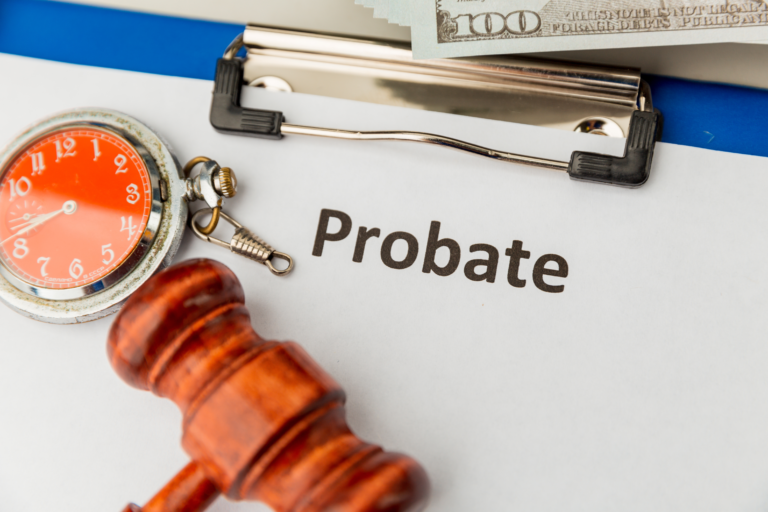Responsible for adjudicating cases involving probate, intestacy, disposition without administration, and other related matters, Florida probate courts have a fundamental role in the Florida court system. In this article, you will discover which courts handle probate proceedings in Florida.
What Court Handles Probate in Florida? – Taking a Closer Look
The Florida court system consists of :
- The state’s Supreme Court
- District Courts of Appeal
- Circuit Courts
- County Courts
Each layer of the state’s judicial system has a unique role in providing solutions for a colossal number of cases across the Sunshine state. Probate courts are part of the Circuit Courts, which are responsible for trial courts of general jurisdiction.
Currently, there are 20 judicial circuits in Florida, which have general trial jurisdiction over legal matters not decided by the county courts. The Circuit Courts are also responsible for hearing appeals from county court cases.
Depending on the jurisdiction of a Circuit Court, it may consist of multiple counties. The Probate Division of Florida’s Circuit Court has jurisdiction over legal proceedings related to:
- Division and distribution of estates
- Inheritance of decedents and minors
- Validity of wills
- Guardianship
- Involuntary hospitalization
- Determination of competency
Is Court-Supervised Probate Mandatory in Florida?
In most cases, probate is mandatory. If you do not have assets with designated beneficiaries, different forms of joint ownership with rights of survivorship, or special estate planning tools, your estate will likely go through probate upon death.
Although probate is not necessarily a negative factor, it may become a lengthy and expensive experience for your loved ones if your estate is too large or complex.
An overwhelming amount of creditors, dispute between heirs, will contests, and other similar issues may transform probate into a nightmare. In such cases, the best approach is to work with an expert Florida attorney to build a solid estate plan.
With a solid estate plan, you can ensure a smooth distribution of your assets upon death, protect your estate from creditors’ claims and taxes, and avoid a time-consuming probate process before your loved ones can inherit your estate.
Is a Will Sufficient to Avoid Probate in Florida?
A last will is a key element in Florida probate proceedings. The purpose of probate is to determine the validity of the will and ensure the decedent’s assets are distributed according to his or her wishes expressed in the document.
If someone dies without a will, the decedent’s property is referred to as an “intestate” estate. In such cases, the division and distribution of the deceased’s estate must follow the stricter statutory rules of Florida laws of intestacy.
While the last will is not sufficient to avoid probate, this essential document allows you to outline how probate assets should be distributed, designate guardians for minor children or dependents with special needs and appoint an executor to administer your estate during probate.
A feasible solution to avoid probate or at least mitigate the effects of court-supervised administration is to rely on a well-structured estate plan.
Probate Does Not Need to be Overwhelming – Immediately Contact Your Florida Probate Lawyer
Whether you want to navigate probate or build a tailored estate plan, contact Attorneys Romy B. Jurado and Diana C. Collazos. Call us today at (305) 921-0976 or email [email protected] for an individual assessment.






